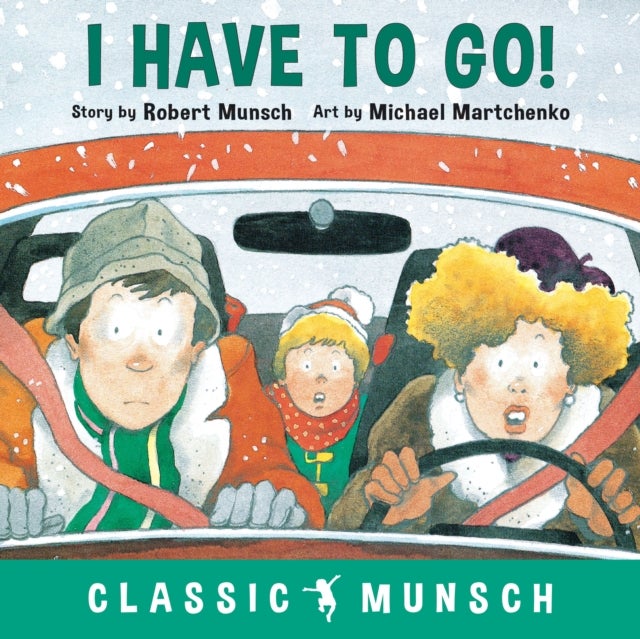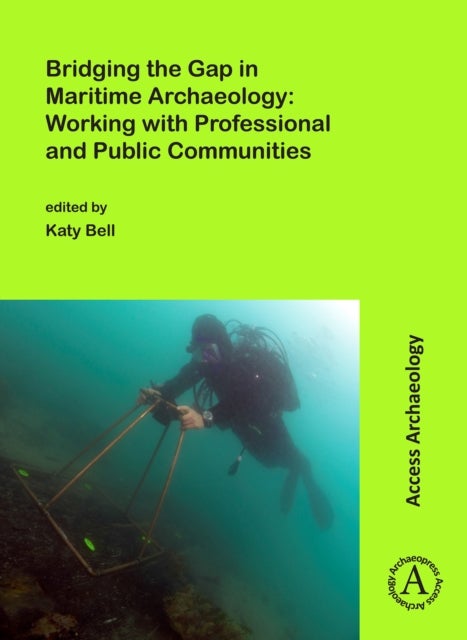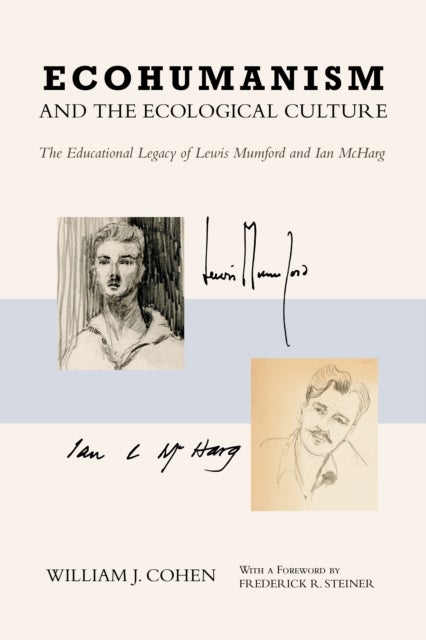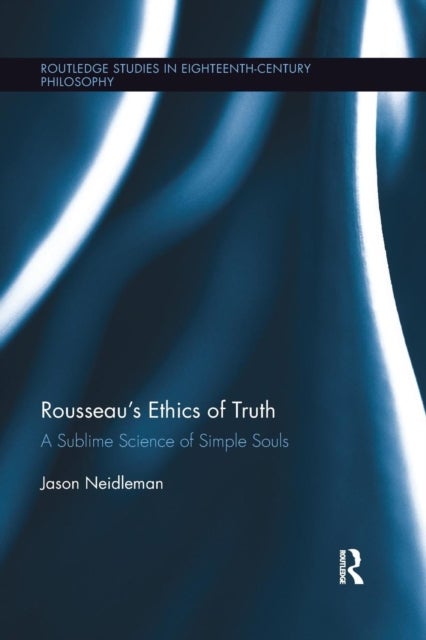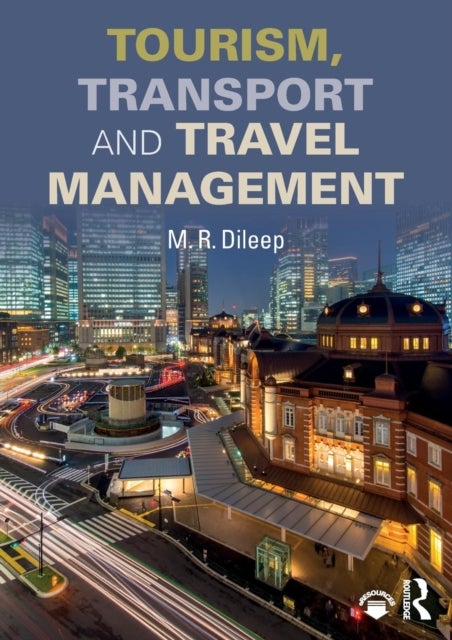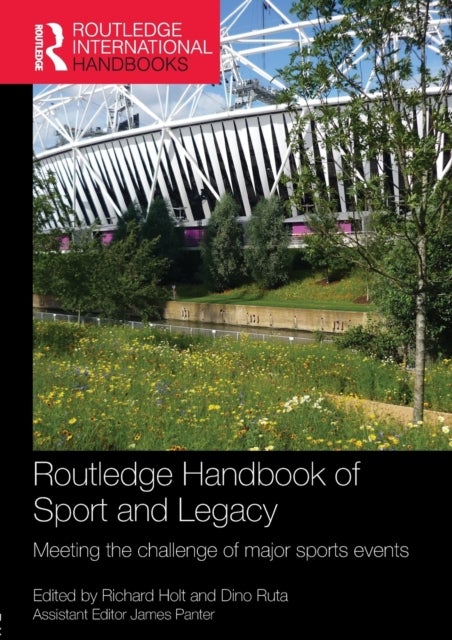
Routledge Handbook of Sport and Legacy
689,-
<P>What remains of a great sporting spectacle after the last race is run or the final match is played? How can the vast expense of mounting such events be justified? What if there is nothing left behind or what if the legacy is negative, a costly infrastructure which is unused or a debt-ridden host city? The <EM>Routledge Handbook of Sport and Legacy</EM> addresses perhaps the most important issue in the hosting of major contemporary sporting events: the problem of ¿legacy¿. It offers a rigorous, innovative and comparative insight into this contested concept from interdisciplinary and practical perspectives. </P><P>Major events must now have a conscious, credible and defined policy for legacy to meet public expectations. The book provides a comprehensive survey of the various kinds of legacy that can be delivered, as well as a close examination of the potential benefits and practical challenges involved in each. From ¿hard¿ legacies, such as stadia and infrastructure, to ¿soft¿ legacie




